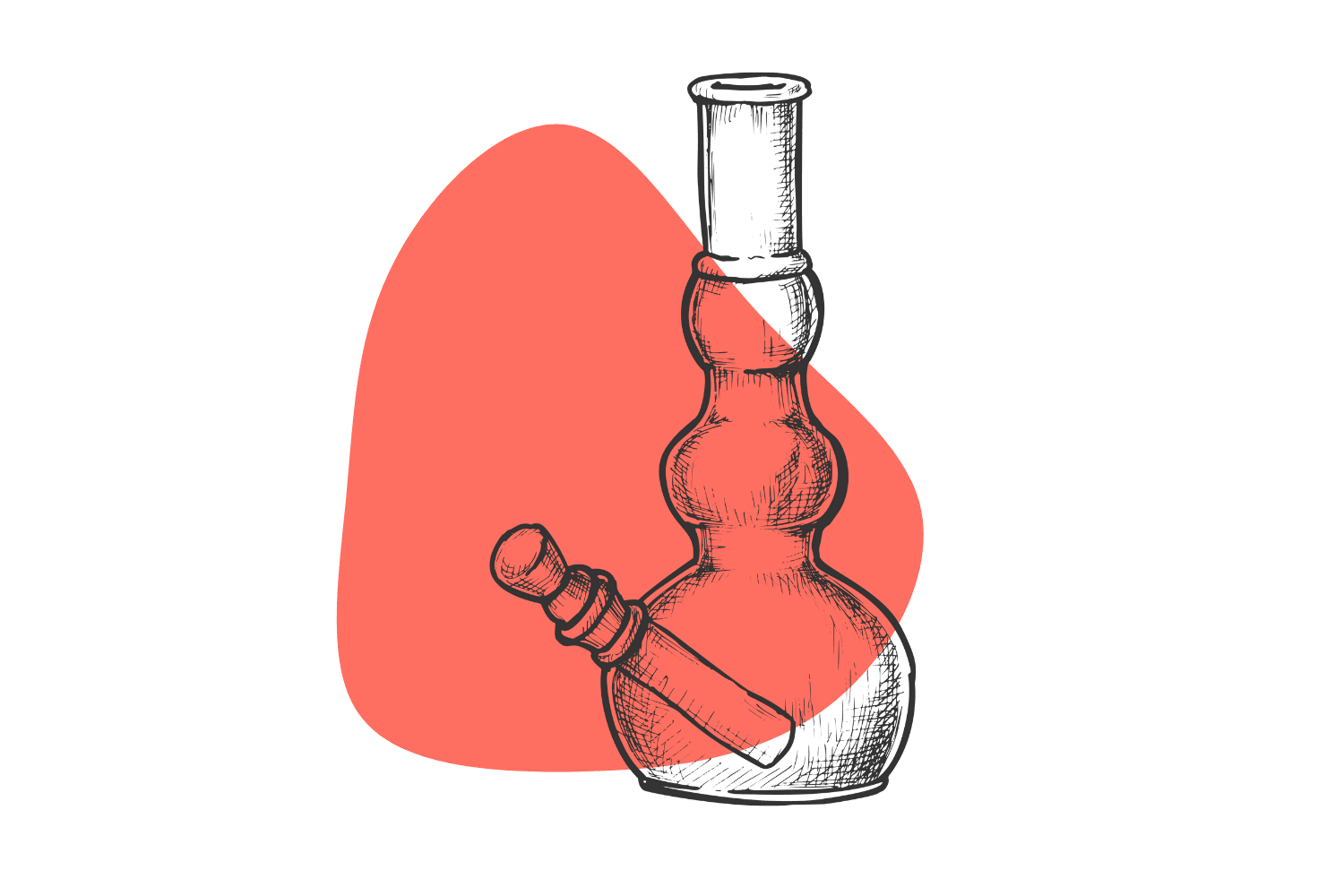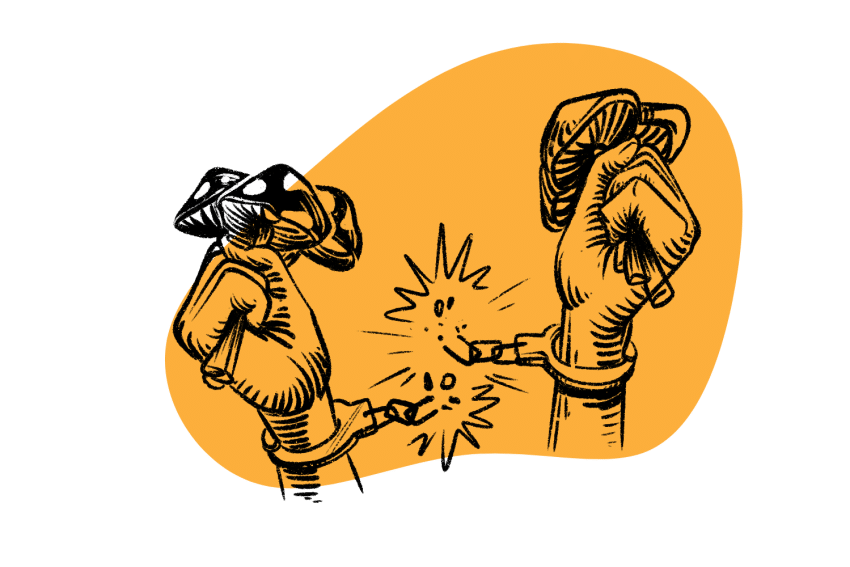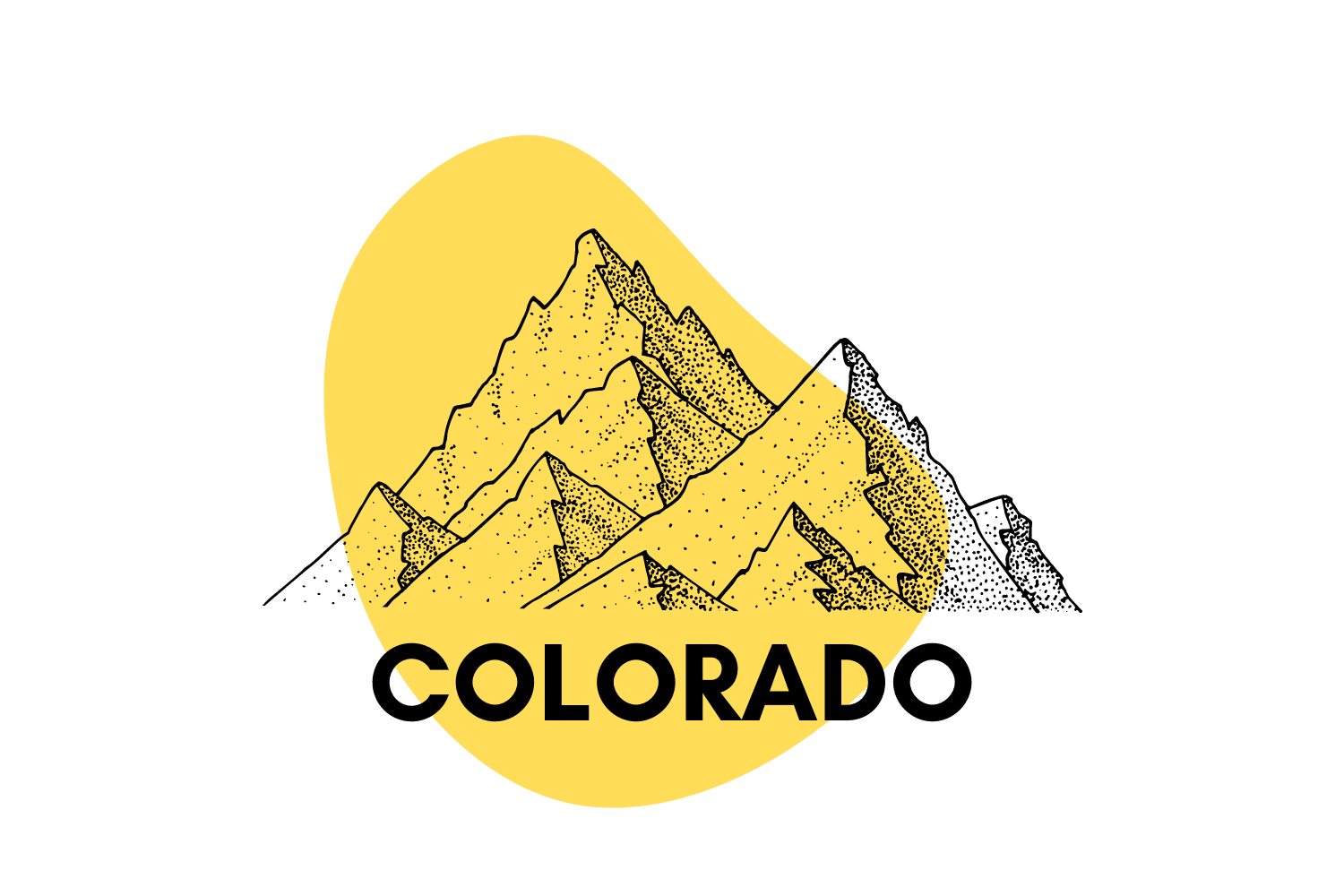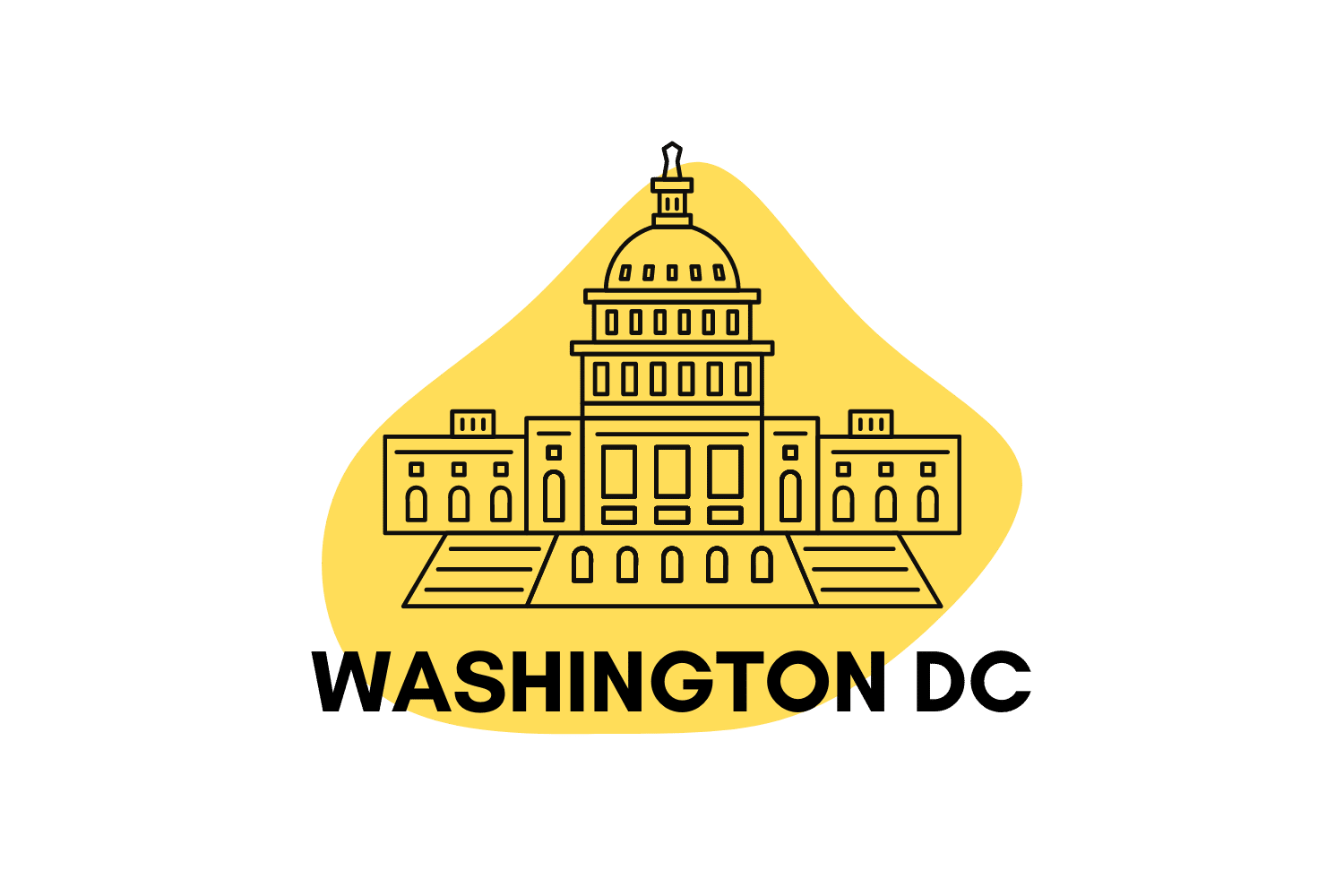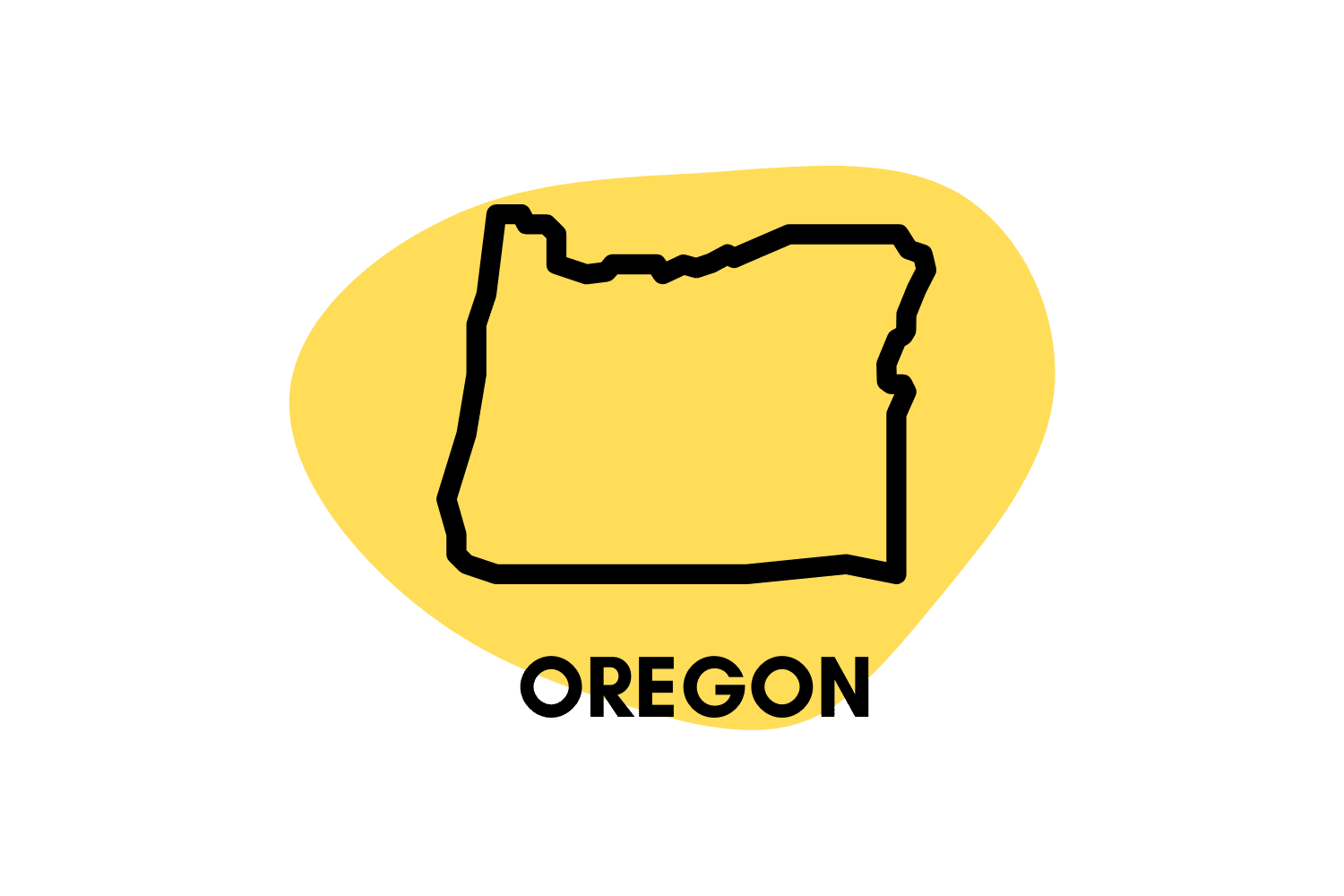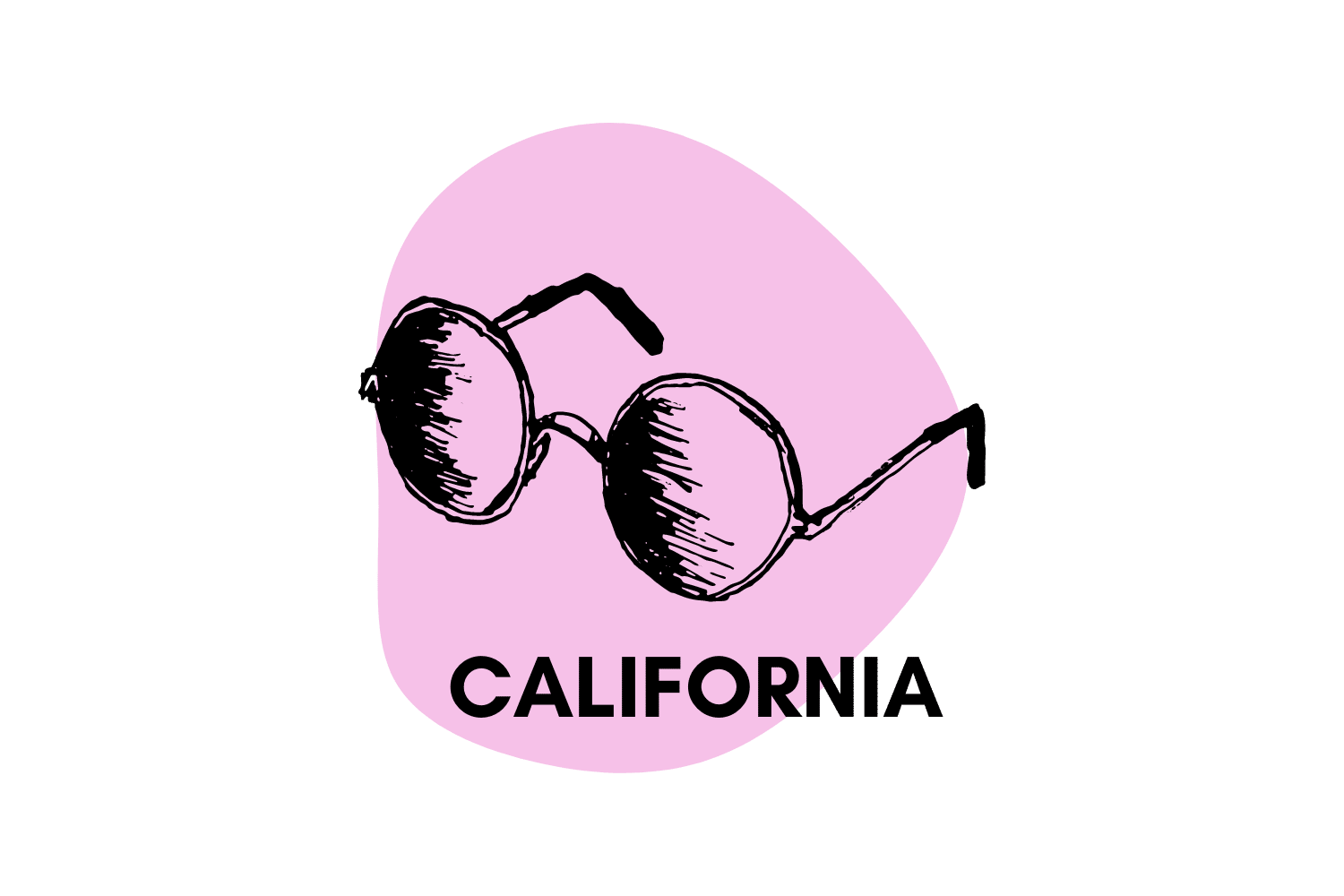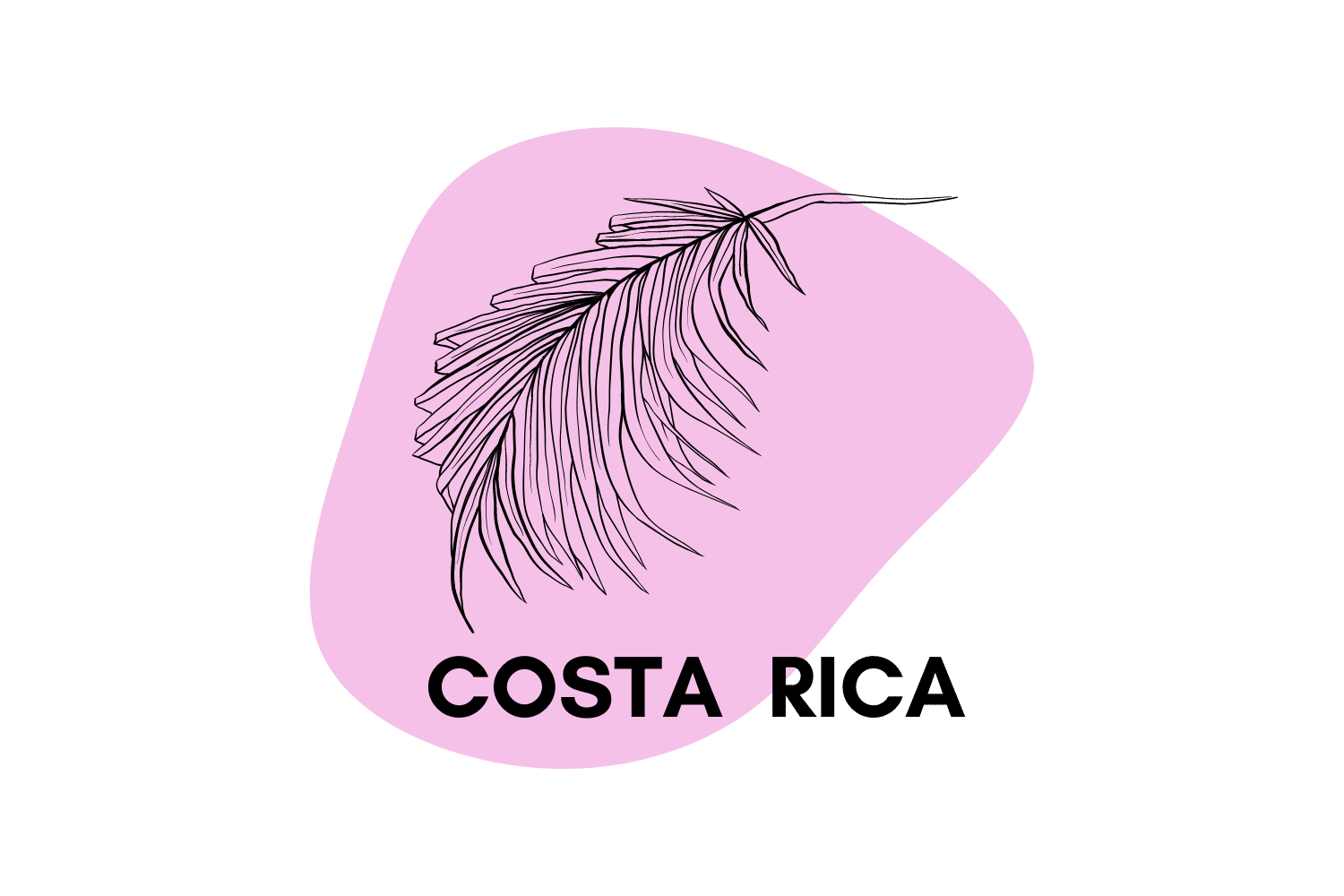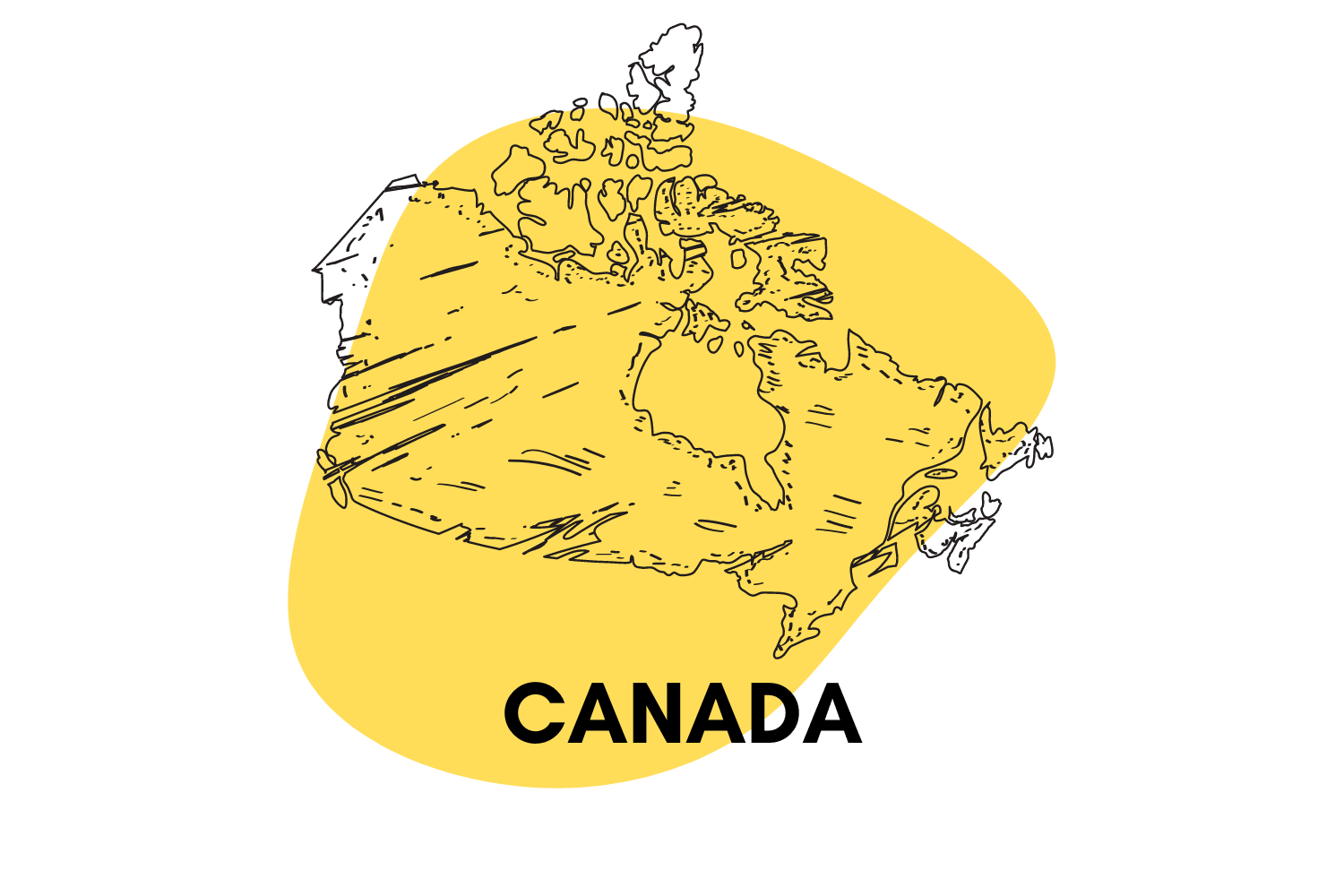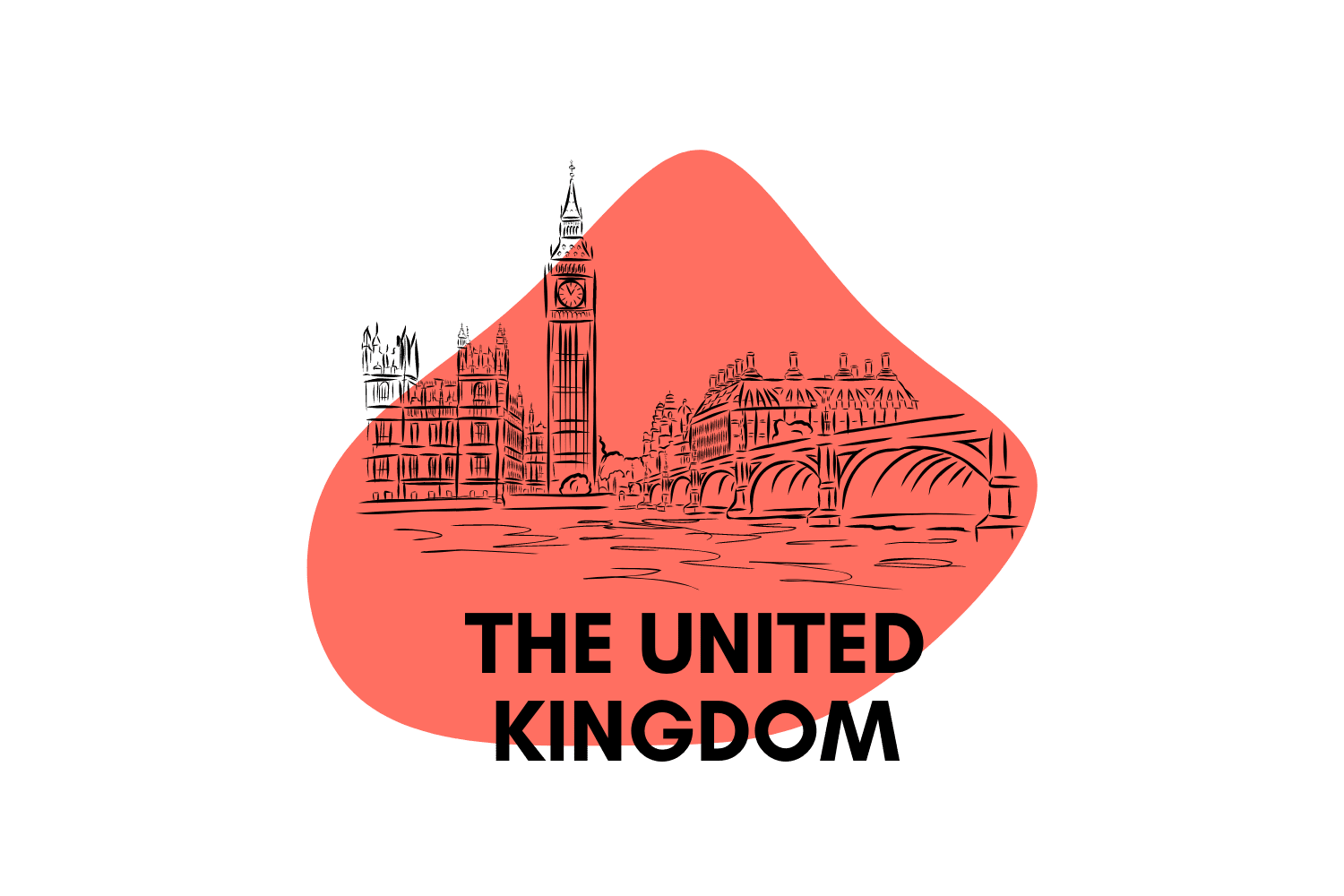What Are the Laws on Psychedelics in British Columbia & How Soon Before They’re Legal?
BC is leading the charge for the decriminalization of psychedelics in Canada — but the flaws in their model are starting to show.
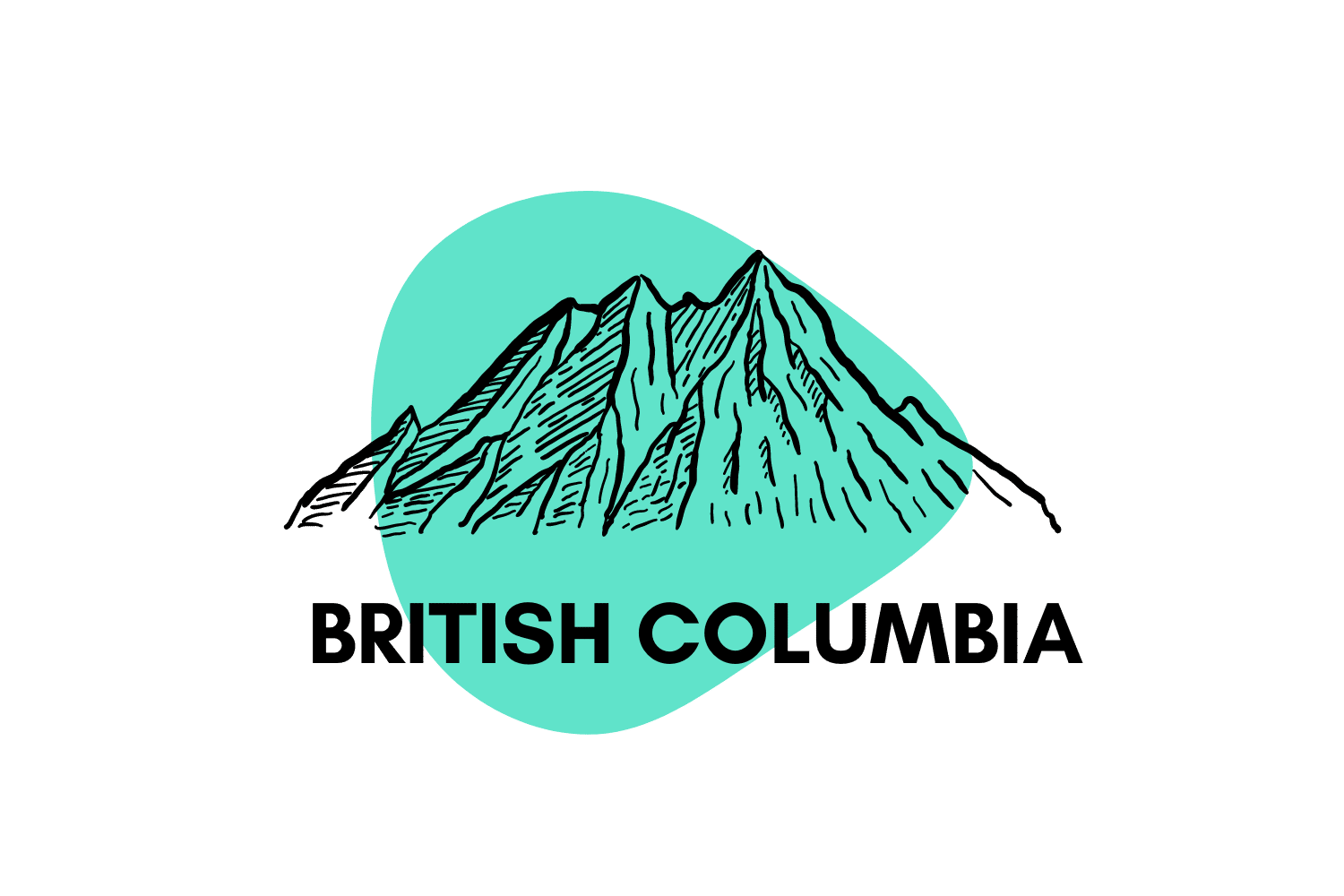
Vancouver, British Columbia, is the first Canadian municipality to officially decriminalize psychedelics. While psychedelic compounds are still illegal throughout the rest of the province, they’ve been a low priority for law enforcement for decades already.
The provincial government of British Columbia followed suit and applied for an exemption from Health Canada under Section 56(1) of the Controlled Drugs and Substances Act.
Now that the government has officially approved the action, all drugs are decriminalized throughout the province of BC in small quantities.
Here’s everything you need to know about the state of psychedelics and decriminalization in British Columbia.
Summary of Psychedelic Drug Laws in British Columbia
- Psychedelics and magic mushrooms are illegal in British Columbia — but this is likely to change in the coming months.
- MDMA is not criminalized when in possession of 2.5 grams or less.
- The minimum fine for possession and use is $1,000.
- Harder drugs like opioids, cocaine, and methamphetamine are also decriminalized under 2.5 grams.
- Cannabis is legal for medicinal and recreational use.
- Therapeutic use of psilocybin is currently legal for end-of-life care.
- Magic mushroom spores and grow kits are legal in BC.
- Vancouver was the first Canadian city to decriminalize psychoactive substances (personal quantities).
- British Columbia is the first province to decriminalize drugs in personal quantities.
Are Magic Mushrooms Legal in British Columbia?
No, magic mushrooms are still illegal in British Columbia.
Personal possession of shrooms is not deemed a criminal offense in Vancouver and is rarely punished in the rest of the province either. It’s surprisingly easy to buy magic mushrooms in BC.
With that said, psilocybin mushrooms belong to Schedule III of the Canadian Controlled Drugs and Substances Act (CDSA). This means you need a prescription or a license to possess these mushrooms legally. Otherwise, you technically could face a minimum fine of $1,000 or 6 months in jail.
Health Canada’s Office of Controlled Substances allows medicinal use for terminally ill patients through exemptions for medical use. But, of course, the treatment is carried out in licensed medical centers, where professionals monitor and protect the patient.
In this way, Health Canada takes the initiative of leading scientific institutions that recommend the reclassification of psilocybin. Like Johns Hopkins Medicine, some of these institutions advocate for the shrooms’ low potential for abuse and considerable evidence of therapeutic value.
Buying magic mushroom spores and cultivation kits is not explicitly legal in British Columbia, but neither is it forbidden, as spores do not yet contain psilocybin.
Related: Where Are Magic Mushrooms Legal?
Where to Buy Magic Mushroom Spores in British Columbia
Magic mushroom spores are not classified as a prohibited substance, as they do not contain psilocybin. Still, according to section 7.1 of the CDSA, cultivation of any controlled substance is illegal, with the maximum penalty for this offense being ten years in prison.
To avoid getting in trouble with the law, citizens can apply for an S-56 exemption legitimately. Still, you may find magic mushroom spores in stores and on the internet because possessing or purchasing them without the intent to cultivate them is not considered a crime.
Related: How to Grow Magic Mushrooms.
What Are the Medicinal Uses of Shrooms?
Psilocybin is one of the most studied psychedelics throughout history. Lately, it has gained popularity due to numerous investigations on its successful therapeutic use. As a result of these investigations, Health Canada has already approved its medicinal use in psychotherapy.
For example, one of the potential applications of psilocybin is providing relief for depression, the most recurrent mental disorder worldwide. Its symptoms include profound sadness, hopelessness, and a marked loss of interest in everyday activities.
The psychedelic experience provided by psilocybin bestows profound insights that rewire the brain, changing the patient’s perception and self-esteem. In addition, its efficacy rates are incredibly high, with many patients describing symptom reduction even after a single session.
In addition, magic mushrooms can help patients with post-traumatic stress disorder (PTSD). The altered state they provoke allows us to change how we relate to our experiences, those around us, and how we perceive ourselves.
Even thirty days after the psychedelic session, patients feel that their mood generally improved, and they gained a more positive outlook on life. This psychedelic “afterglow” helps the patient open up with their therapist to work through their trauma.
Additionally, shrooms can be a palliative treatment for existential anxiety. Using them in a suitable environment with appropriate medical care, terminally ill patients can accept their fate with less distress, facing their emotions openly.
Cluster headache sufferers are turning to magic mushrooms as a treatment as well. Although there are no clinical trials on this application yet, survey studies show promising results. While researchers do not yet know the cause of this condition, many patients report that psilocybin effectively reduces symptoms. Moreover, cluster headaches can be debilitating and include severe headaches, body aches, eye swelling, tearing, irritability and moodiness.
Another prevalent condition is addiction, and its treatment proves difficult sometimes. Fortunately, psilocybin research is forcing us to re-evaluate the way we treat addiction for the better.
Last but not least, psychedelics can enhance creativity by increasing entropy in the brain, improving our capacity for divergent thinking. As if it wasn’t enough, psilocybin also boosts problem-solving abilities.
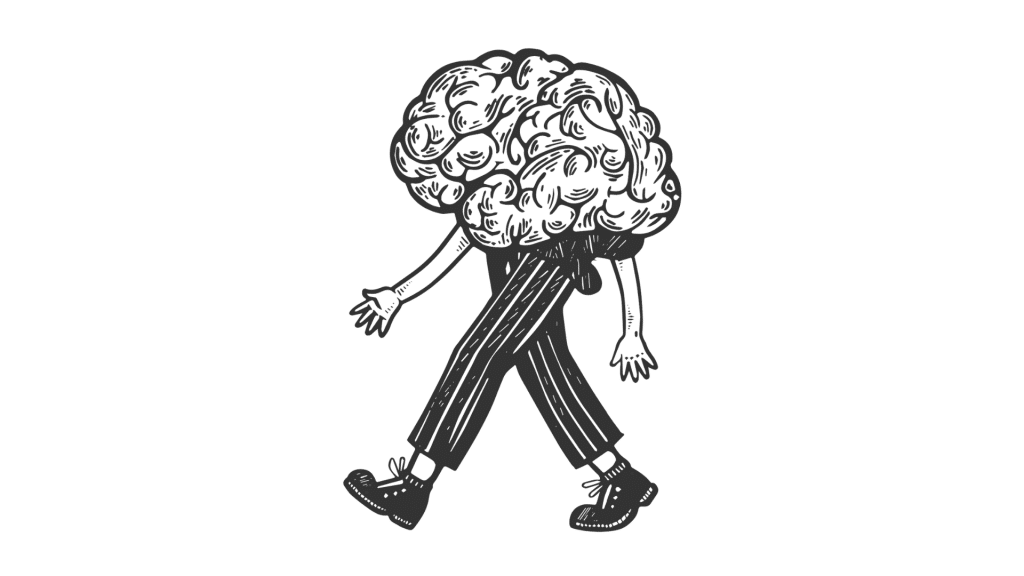
Is LSD Legal in British Columbia?
No, LSD is illegal in British Columbia.
LSD (lysergic acid diethylamide) is categorized as a Schedule III controlled substance, meaning that for simple use or possession, you risk a minimum fine of $1000 or six months in jail. Still, British Columbia maintains a policy of not prosecuting the user.
Patients must apply to Health Canada for an S-56 exemption, should they need the substance for medicinal purposes.
Unlike other countries, Canada does not have analog laws, so compounds not listed on the controlled substances list are (technically) legal. This includes LSD-analogs such as 1P-LSD, ALD-52, and psilocybin prodrugs such as 4-AcO-DMT.
Is DMT Legal in British Columbia?
No, DMT is illegal in British Columbia.
The CDSA considers DMT a Schedule III substance and is, therefore, illegal to possess without a license.
Although user prosecution is rare, the minimum fine is still $1000. In addition, you may spend six months in jail for use and possession.
DMT and its other forms are prohibited by the CDSA, likely making ayahuasca, changa, and the bufo toad venom illegal.
Because of the low priority of these substances in BC, it’s possible to find ayahuasca retreat centers in places like Vancouver Island despite being (technically) illegal.
However, proceed with caution and be aware of the legal repercussions that are possible from attending these ceremonies.
Is MDMA Legal in British Columbia?
No, MDMA is illegal in British Columbia.
According to the CDSA, MDMA is a Schedule I substance, so its possession and use carry a fine of more than $1,000 or six months in jail.
Despite this, possession of 2.5 grams or less is decriminalized in the province and won’t result in a fine or confiscation.
Furthermore, authorities are evaluating the possibility of legalizing its medical use, given the substance’s proven effectiveness as part of psychedelic-assisted psychotherapy. While MDMA will not be legal for recreational use soon, its decriminalization and medical legalization appear to be just around the corner.
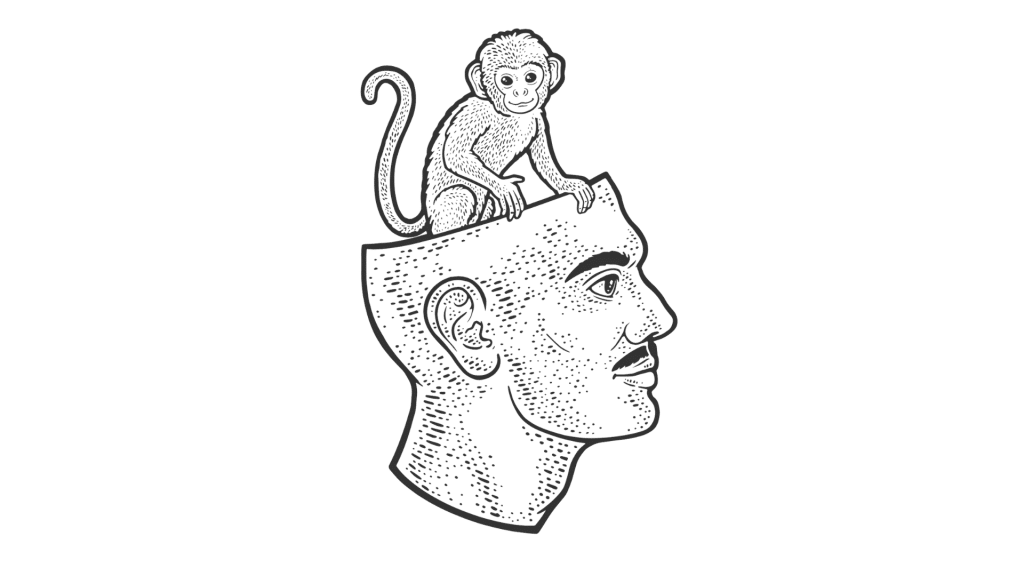
Is Ketamine Legal in British Columbia?
Ketamine is legal for medical purposes in British Columbia.
Ketamine is legal for use as a medical or veterinary anesthetic only. Other than this, ketamine is categorized as Schedule I by the CDSA. Therefore, its recreational use and possession could cost you a fine of more than $1,000 or six months in jail.
Is Marijuana Legal in British Columbia?
Cannabis is legal for both recreational and medicinal purposes in British Columbia.
The Cannabis Act legalized marijuana in 2018. As a result, Canada became the second country to legalize the possession, consumption, cultivation, and purchase of cannabis for adults after Uruguay.
The law allows Canadians over the age of 18 to:
- Possess up to 30 grams of legal dried cannabis in public
- Grow up to 4 plants per household for personal use
- Purchase cannabis products from registered sellers
- Share up to 30 grams of dried cannabis with other adults
Adults are also allowed to purchase and use THC analogs such as delta 8 THC, delta 10 THC, HHC, THCP THCV, and others. However, these products are not common as weed is already legal and readily available here.
In some parts of BC, such as inner-city Vancouver, dispensaries are more prevalent than liquor stores.
While marijuana is legal, some cannabis-related offenses remain, and their punishment is harsh. For example, sharing marijuana with a minor can end in a prison sentence of up to 14 years.
There are still 250,000 Canadian citizens who have cannabis-related offenses on their records. Although they can apply for a pardon, only 400 people have accessed it, as the process is very costly and time-consuming.
What’s the Difference Between Legalization & Decriminalization?
This section will explain the crucial differences between legalization and decriminalization, which are often confused as they are similar concepts.
Decriminalization removes penalties and reduces fines, but this doesn’t make the substance legal. Sale is prohibited, and you could still be fined for use or possession. Psychedelics with lower harm rates, such as magic mushrooms, could soon be decriminalized.
With legalization, the penalties for possessing a substance disappear, and a regulatory framework is put in place that allows you to buy from licensed vendors. LSD, ketamine, and MDMA are likely to be legalized for prescription use eventually.
Psychedelic Laws in Other Canadian Provinces
Some provinces treat drug offenses differently than British Columbia.
- Psychedelics in Alberta
- Psychedelics in New Brunswick
- Psychedelics in Newfoundland and Labrador
- Psychedelics in Northwest Territories
- Psychedelics in Nova Scotia
- Psychedelics in Nunavut
- Psychedelics in Manitoba
- Psychedelics in Ontario
- Psychedelics in Prince Edward Island
- Psychedelics in Quebec
- Psychedelics in Saskatchewan
- Psychedelics in Yukon
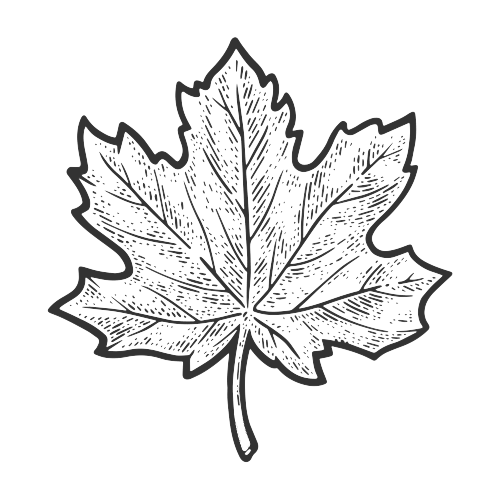
Key Takeaways: What’s the Future of Psychedelics in British Columbia?
Canada has a very progressive stance on psychedelics, and British Columbia is the role model for the country to follow. Cannabis is legal, and the Government of British Columbia has deprioritized the prosecution of the user long ago. The provincial government recently applied for exemption from Health Canada under Section 56(1) of the Controlled Drugs and Substances Act — which would decriminalize all drugs within the province.
The medicinal use of psilocybin and ketamine is currently legal across Canada. The federal government still hasn’t responded to the petitions to decriminalize, but we estimate that the outcome will be favorable.
It’s very likely we’ll see psychedelics become decriminalized across the board in British Columbia within the next 12 months. As of now, most other drugs are decriminalized or de-prioritized throughout the province.
Subscribe to remain up to date as new changes are rolled out.

